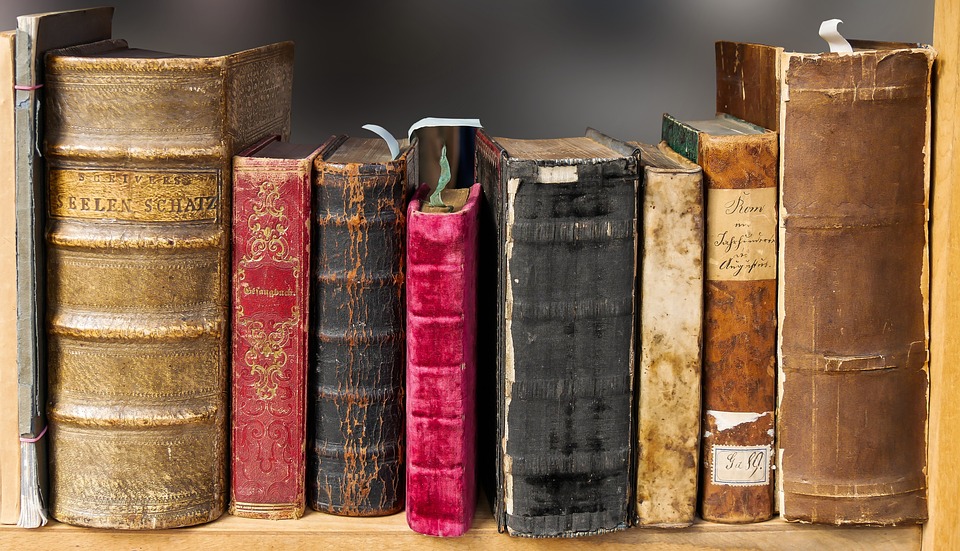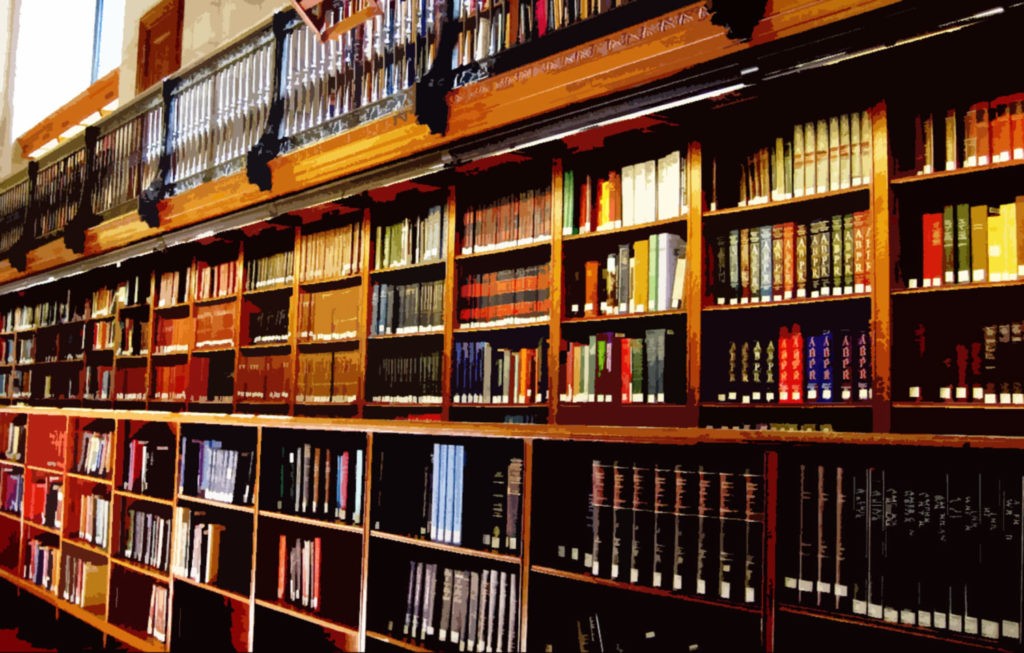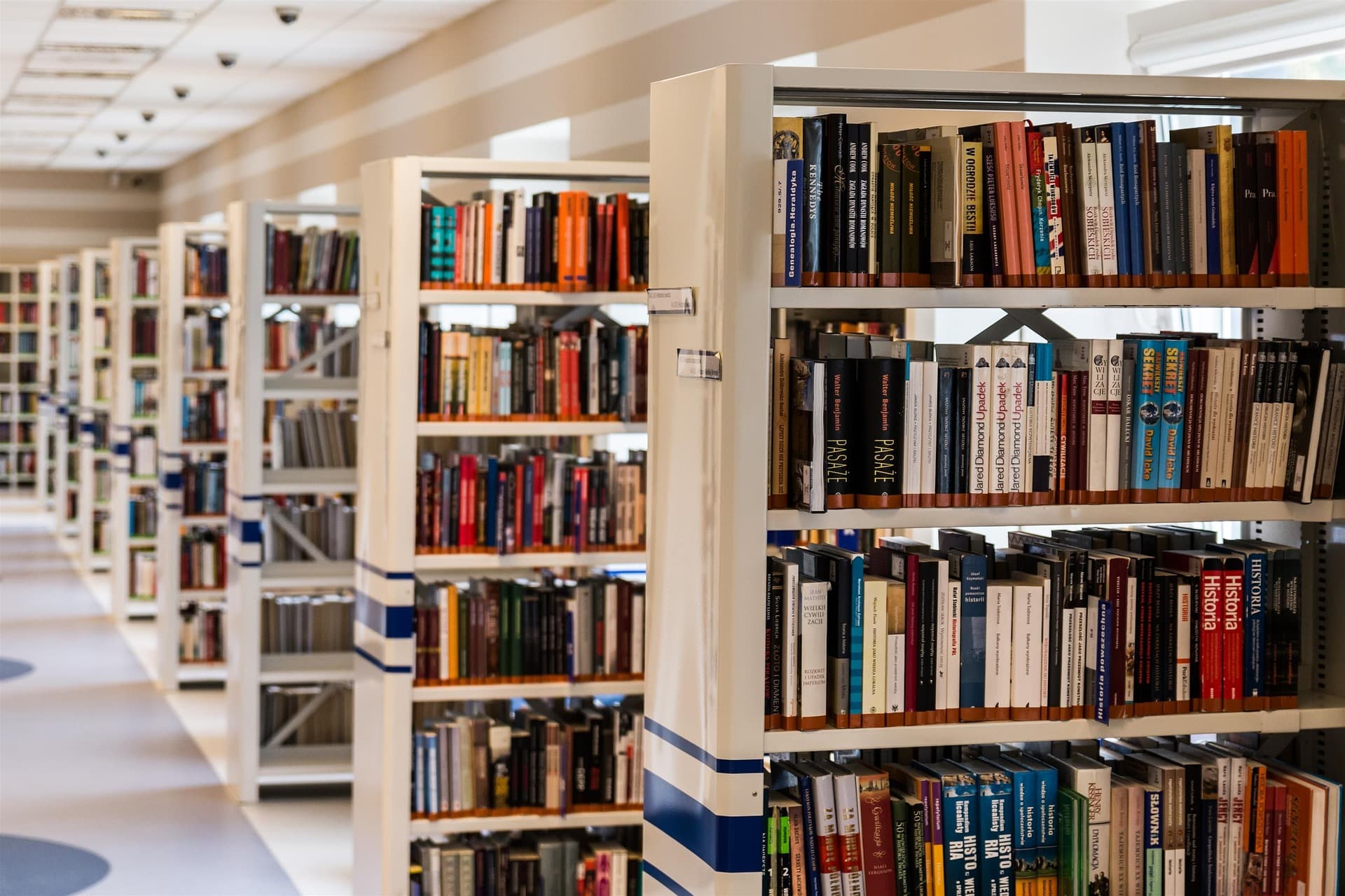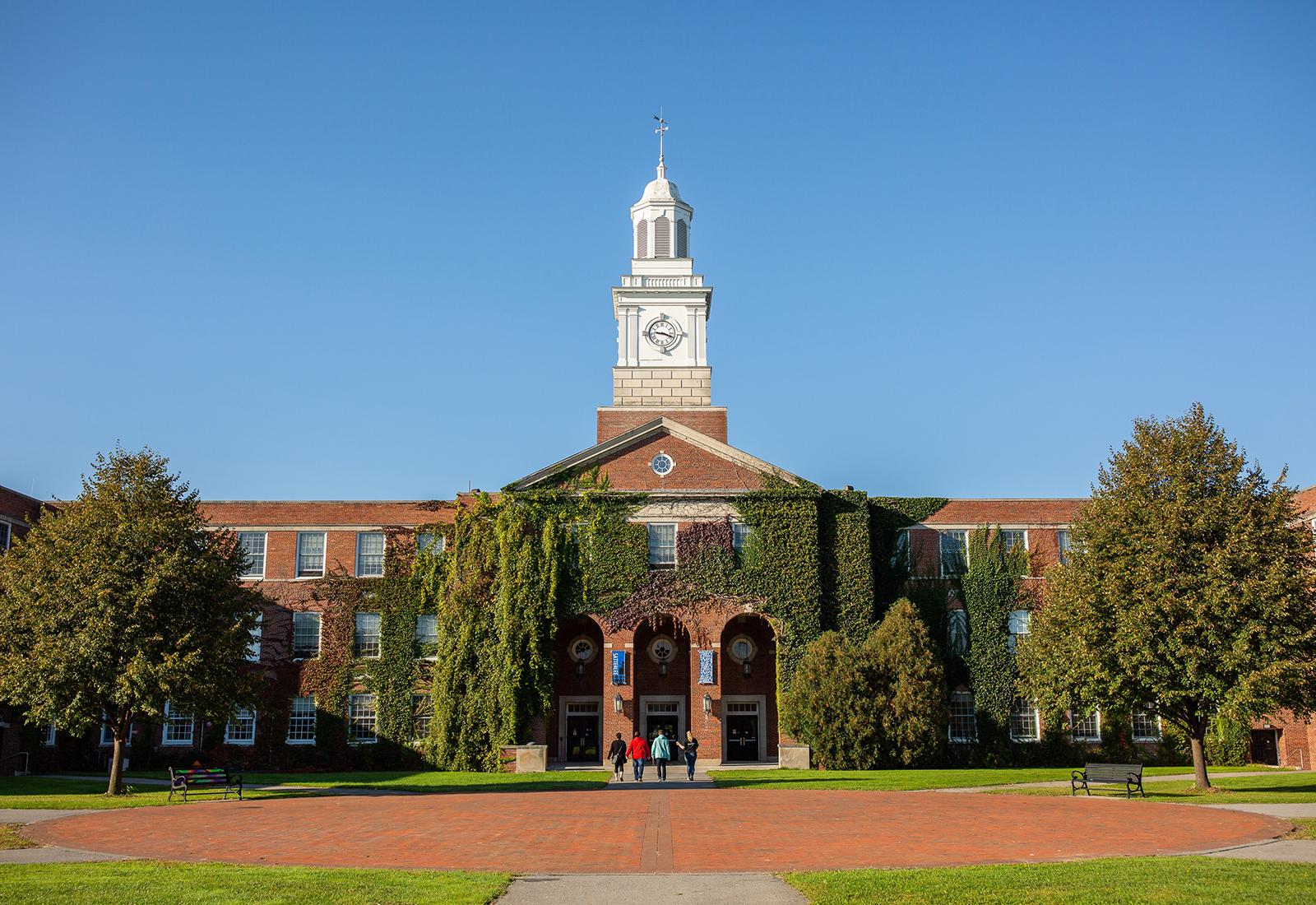The Lost Library of Hernando Columbus

Everybody has heard of Christopher Columbus – the famous “admiral” who stumbled upon some islands by sailing West from Europe to find a new route to Oriental lands. He didn’t realize there was a continent barring the way to his destination. Within decades, this unexplored land evolved into a lucrative transatlantic empire for Spain. Columbus had two sons. Hernando was Christopher Columbus’ only illegitimate son; Diego Columbus was the explorer’s legitimate son. While Diego continued his father’s legacy as governor and admiral of the Indies, Hernando set his sights on becoming a scholar by building the largest collection of printed books that existed.
University of Cambridge literature professor Edward Wilson-Lee recently published “The Catalogue of Shipwrecked Books” (2019), which is the only book detailing the life of Columbus’ second son Hernando and his incredible obsession with books. Just as his father explored lands for gold and Christian converts, Hernando explored bookshops for all of the printed books and maps he could find. His goal was to create a universal library of books that could be shared with the Spanish people who sought information on every topic in the world. Hernando’s huge ambition would turn his great library into the first “database” of information. He pursued these books by frequently traveling to visit most of the bookshops in at least fifteen major European cities and bought every new book that had recently been printed. At the end of his life in 1539, he had acquired over 15,000 to 20,000 volumes.
Hernando was born in 1488 which is important due to the fact the printing press had been invented forty years prior and first used to print manuscripts into books. He started collecting in 1509 until his death in 1539 which put pressure on him to collect all printed books in the last sixty to eighty years after Gutenberg invented the printing press.
Hernando wanted to build his library with all known printed books, because he wanted to catalogue all human knowledge in every language and every subject. He couldn’t do this monstrous job alone, but paid an army of readers to summarize every book he owned. Early In 2019, a thick 2000-page volume had been discovered in Scandinavia, which was entitled, “El Libro de los Epítomes,” or “Book of Epitomes” which had been missing for three hundred and fifty years. It summarized the contents of many books and classified them into some sort of systematic structure. Lee believes that many of the books summarized in this collection do not exist anymore. Fortunately, however it shows what Europeans read over five hundred years ago (“Typeroom” website, Aug 2, 2019).
Christopher Columbus’ second son is an underrated historical figure who singlehandedly bought almost every printed book since the invention of the printing press in 1450, from 1509 to his death is 1539. Although little had been known about Hernando until Professor Edward Wilson-Lee shed light on the book collector’s life in his recent biography, “The Catalogue of Shipwrecked Books”. He recognizes Hernando as creating the original database “search engine” with summaries of his many books. According to the author, Hernando “collected everything he could lay his hands on. Manuscripts, pamphlets, tavern posters – all made their way into his library.” (“The Guardian”).
After almost thirty years of wandering the streets of Europe, exploring bookshops and buying every one he hadn’t bought, Hernando died, as well as his books. Today only one-fourth of his collection has been stored in the Cathedral in Seville, Spain since 1552. Many were either stolen and others were damaged by flooding. Yet that many books are a huge amount, even in today’s quantities at the average-sized library.
Hernando tried to preserve his father’s honor by collecting a “new world” of many books. While Hernando’s father, Christopher discovered parts of the New World which Spain soon claimed as part of an empire, Hernando discovered books which he dreamed would become an empire for learning. Although Christopher himself failed to build a lucrative source of wealth for Spain, Hernando’s library did not become the source of knowledge, as had hoped, for the Spanish people. Ultimately, the Columbus family name declined from history.




